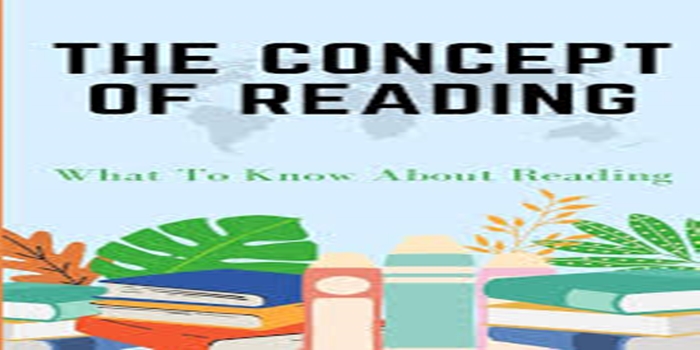In this article, we discussed the meaning of reading fiction, the benefits, we also talked about the advantages and disadvantages.
Definition
Reading fiction means engaging with descriptions that are created from the author’s imagination, not based on real-life events or facts. It involves exploring fictional characters, plots, and settings, allowing readers to enter different worlds and perspectives.
Imaginary Narratives:
Fiction primarily deals with characters, events, and places that are not real or are presented in an imaginary way.
Creative Works:
Fiction is a form of creative writing, often in prose, that can take various forms like novels, short stories, and novellas.
Beyond Facts:
While fiction may draw inspiration from real-life situations, the core of a fictional work is the author’s imaginative construction.
Escapism:
Fiction offers a chance to escape the mundane and enter different worlds, providing a sense of adventure and excitement.
Empathy and Understanding:
By experiencing the lives of fictional characters, readers can develop empathy and gain a deeper understanding of human nature and different perspectives.
Cognitive Benefits:
Reading fiction can improve cognitive functions like language comprehension, critical thinking, and creativity.
Stress Reduction:
Engaging with stories can be a relaxing and enjoyable way to unwind and reduce stress.
Exploration of Themes:
Fiction allows authors to explore complex themes and ideas, prompting readers to reflect on the human condition and the world around them.
The Benefits Reading fiction:
Emotional Intelligence and Empathy:
Fiction allows readers to step into the shoes of characters, fostering empathy and understanding of diverse perspectives. This can improve social cognition and even reduce prejudice.
Creativity and Imagination:
Reading fiction stimulates imagination and encourages creative thinking by presenting new ideas and allowing readers to visualize scenarios.
Cognitive Abilities:
Fiction improves language comprehension and strengthens the connections between different parts of the brain. It also boosts vocabulary and memory.
Stress Reduction and Mental Well-being:
Engaging in a captivating story can provide a temporary escape from stress, reduce anxiety, and improve sleep.
Expanded Experiences and Perspective:
Fiction allows readers to explore different cultures, time periods, and social realities, broadening their understanding of the world and its inhabitants.
Increased Social Interaction and Connection:
Fiction can facilitate discussions and shared experiences among readers, fostering a sense of community and connection.
Advantages:
Enhanced Empathy:
Reading fiction, especially literary fiction, can improve social-cognitive abilities and empathy by allowing readers to experience diverse perspectives and emotions, according to research from the National Institutes of Health (NIH).
Stress Reduction:
Studies have shown that reading fiction, even for a short period, can significantly reduce stress levels, making it a valuable tool for self-care, according to the blog on www.smitaswritepen.com and according to www.tidybooks.com.
Improved Cognitive Skills:
Reading fiction can strengthen the connections between different parts of the brain, improving language comprehension, imagination, and the ability to grasp concepts without relying solely on visual stimuli, according to the American Society of Employers.
Vocabulary Expansion:
Engaging with diverse texts, including fiction, can significantly expand vocabulary and improve language skills, as noted by ICS Career GPS.
Escape from Reality:
Reading fiction provides an opportunity to escape from everyday worries and enter different worlds and scenarios, offering a temporary respite from the pressures of daily life.
Exploration of Diverse Perspectives:
Fiction allows readers to explore different cultures, beliefs, and ways of thinking, broadening their understanding of the world and its inhabitants.
Increased Creativity and Imagination:
Reading fiction can spark creativity and imagination, inspiring new ideas and perspectives.
Disadvantages:
Disconnect from Reality:
While fiction offers an escape, it can also lead to a disconnect from real-life issues and challenges, potentially causing a focus on fictional narratives over actual problems.
Potential for Unrealistic Expectations:
Some fictional portrayals may present unrealistic expectations or portrayals of relationships and life, leading to dissatisfaction with one’s own experiences.
Focus on Fictional Narratives:
The pursuit of fictional narratives may overshadow the importance of engaging with real-life issues and developing critical thinking skills.
Potential for Negative Impact:
Exposure to certain types of fiction, such as those with violence or harmful themes, may have negative impacts on mental well-being.
Conclusion
Reading fiction offers numerous cognitive and emotional benefits, including enhanced empathy, stress reduction, and improved language skills, but it’s important to be mindful of the potential for disconnect from reality and the need to balance fictional narratives with engagement in real-life issues.


